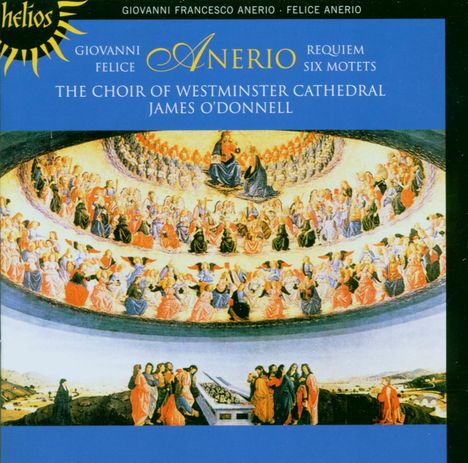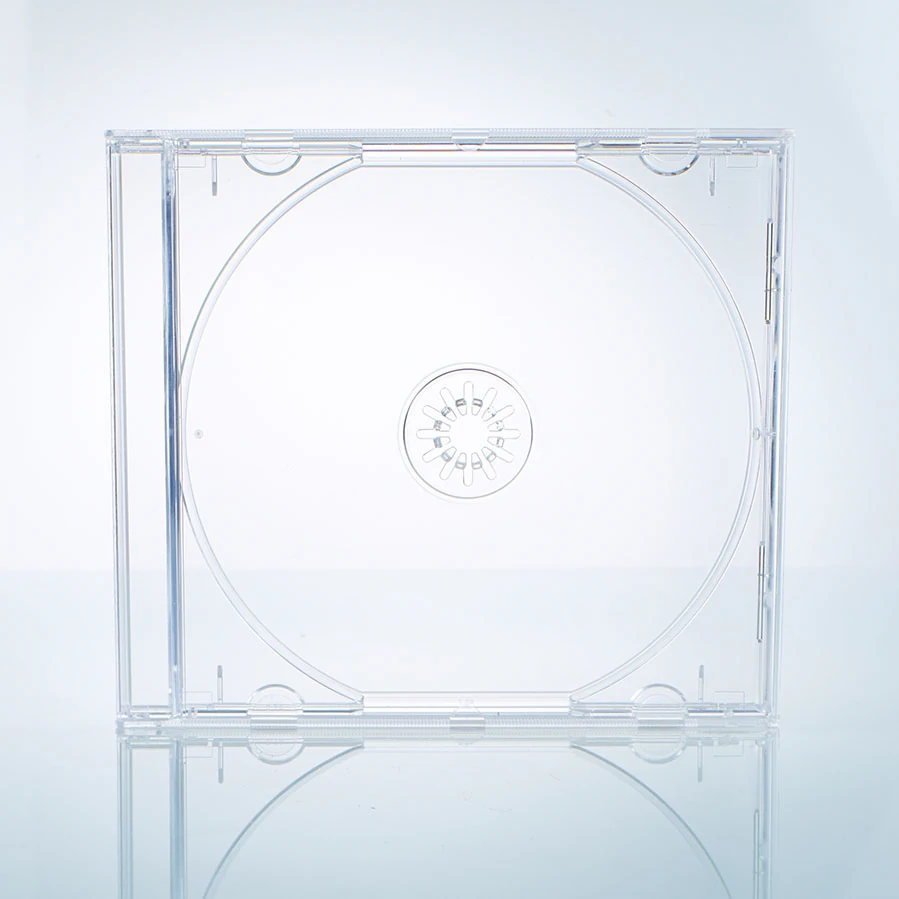Giovanni Francesco Anerio: Requiem auf CD
Requiem
Herkömmliche CD, die mit allen CD-Playern und Computerlaufwerken, aber auch mit den meisten SACD- oder Multiplayern abspielbar ist.
Lassen Sie sich über unseren eCourier benachrichtigen, falls das Produkt bestellt werden kann.
+Felice Anerio: 6 Motetten
Ähnliche Artikel
Berühmte Komponisten können lange Schatten werfen. Die Aufmerksamkeit, die Palestrina in den vier Jahrhunderten nach seinem Tod zuteil geworden ist, hat zur Folge gehabt, dass eine recht große Gruppe von Komponisten seiner und der folgenden Generation vernachlässigt worden ist. Wenn sie überhaupt genannt werden, so werden sie alle in einen Topf geworfen und als „Römische Schule“ bezeichnet, in der Annahme—obwohl nur ein sehr kleiner Teil ihrer Werke bekannt ist—dass sie alle den konservativen Stil der Messen Palestrinas fortgesetzt hätten. Und dabei waren die ca. 40 Jahre von 1580 bis 1620 in Rom eine besondere Blütezeit des musikalischen Lebens; Kompositionen gebürtiger Italiener, die sich von der Stadt angezogen fühlten, entstanden geradezu explosionsartig. Alle diese Komponisten waren eigenständige und individuelle Künstler und obwohl in vielen Fällen der Stil des reiferen Palestrina weiterentwickelt wurde, erforschten auch einige das Neuland, das sich etwa durch die Anfänge des Basso continuo ergeben hatte. Das trifft jedenfalls für die Gebrüder Anerio (Felice und Giovanni Francesco) zu, die in den 1560er Jahren in eine musikalische römische Familie hineingeboren wurden—der Vater, Maurizio, war ein Posaunist—und die Werke, die auf der vorliegenden Aufnahme präsentiert werden und teilweise seit dem 17. Jahrhundert zum ersten Mal zu hören sind, machen den Hörer hoffentlich auf die Reichtümer aufmerksam, die noch darauf warten, in den Werken dieser Komponisten wiederentdeckt zu werden.
Product-Information:
Famous composers can cast long shadows. The attention paid to Palestrina in the four centuries since his death has meant the neglect of a substantial group of composers who were his contemporaries, or part of the following generation. If noted at all, they are lumped together as the ‘Roman School’ and assumed—though very little of their music has actually been heard—to have continued to write in the conservative style of Palestrina’s Masses. And yet the forty or so years between 1580 and 1620 saw a huge expansion in Roman musical activity and a consequent explosion of composition by native Italians attracted to the city. Each of these composers was an individual and, while much of their music did continue to develop the style of the later Palestrina, they also began to explore the new ground opened up, for example, by the advent of the basso continuo. This is certainly true of the Anerio brothers, Felice and Giovanni Francesco, born in the 1560s into a Roman musical family—their father, Maurizio, was a trombone player—and the music presented here, some of it being heard for the first time since the seventeenth century, should help make listeners aware of the riches waiting to be discovered in the works of these composers.
Rezensionen
'Westminster's is yet another of their supreme performances' (The Musical Times)
Disk 1 von 1 (CD)
Missa Pro defunctis (Requiem)
-
1 Introitus: Requiem aternam
-
2 Kyrie
-
3 Sequentia: Dies irae
-
4 Offertorium: Dominum Jesu Christe
-
5 Sanctus
-
6 Agnus Dei 1-3
-
7 Communio: Lux aeterna
-
8 Reponsorium: Libera me
-
9 Kyrie in absolutione
-
10 Vidi speciosam
-
11 Ad te levavi
-
12 Christe redemptor omnium
-
13 Salve regina 2
-
14 Christus factus est
-
15 Magnificat quinti toni
Mehr von Giovanni France...
-
Luzzasco LuzzaschiMadrigale, Motetten, InstrumentalmusikCDAktueller Preis: EUR 19,99
-
La Villanella Basel - Suplementum (Arrangements nach Art des 17.Jahrhunderts)CDVorheriger Preis EUR 20,99, reduziert um 0%Aktueller Preis: EUR 19,99
-
London Oratory Schola Cantorum - Sacred Treasures of RomeCDAktueller Preis: EUR 19,99
-
Canto Fiorito - From Rome to VilniusCDAktueller Preis: EUR 14,99








